Infection and Immunity nieuws
Feb 19: Engineering the next-generation of T cell-based cancer immunotherapies
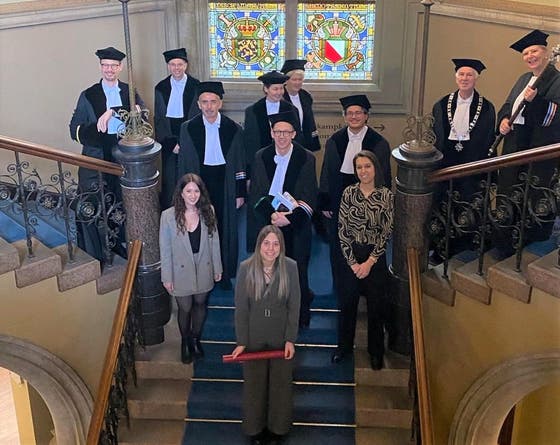
By developing the novel concept of bispecific molecules as well as by improving the potency and purity of investigational T cell based cancer immunotherapies, in her PhD research Patricia Hernández-López (UMC Utrecht) provided new insights for development and improvement of γδ-TCR and αβ-TCR based therapies.
Read morePaediatricians happy with Health Council advice on vaccination against RS virus
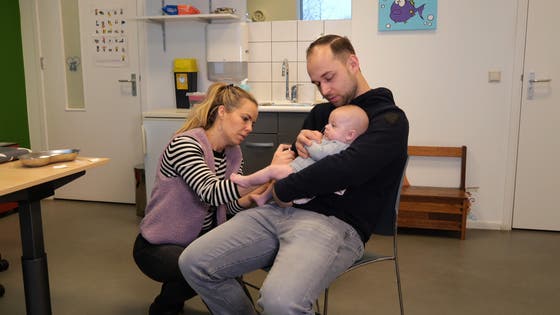
UMC Utrecht and The Wilhelmina Children's Hospital think it is good news for babies and their parents that the Health Council recommends including a vaccination against the RS virus for infants in the National Vaccination Programme. This vaccination protects infants against the RS virus during their first vulnerable months, and it also provides broad societal benefits. The number of hospital admissions due to the RS virus can fall by 80 per cent, scientific research shows.
Read moreResearch TNO and UMC Utrecht for more reliable allergen information on food labels
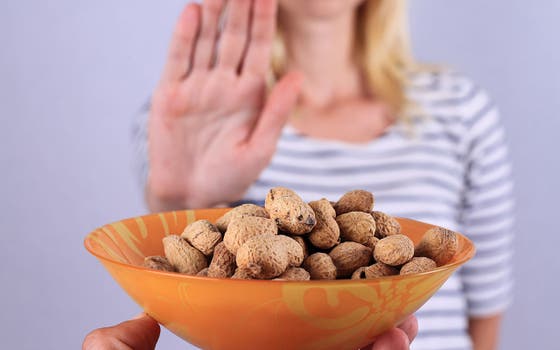
As of January 1, 2024, the Netherlands has implemented a new allergens policy. Exposure standards have been set and regulations on warning about the potential (unintended) presence of substances that can cause allergy (allergens) on food labels have been tightened. This will make the presence and absence of a warning for allergic consumers significantly more reliable. By January 1, 2026, all producers of pre-packaged foods must comply with the new regulations. The new policy is based on recommendations from the WHO (World Health Organization) and FAO (Food and Agriculture Organization of the United Nations). Research conducted by TNO and UMC Utrecht on the sensitivity of individuals with food allergies and their eating habits formed the basis for these scientific recommendations.
Read moreJan 26: Multiomics provides deeper insight in molecular mechanisms and biomarkers in psoriasis
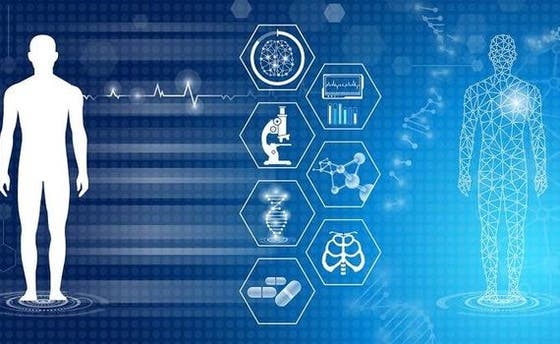
With help of multiomics researchers found that environmental microbial triggers may be responsible for activation and recruitment of neutrophils and dendritic cells into the skin. This stimulation leads to the secretion of antimicrobial peptides by keratinocytes. Circulating monocytes and effector memory T cells may respond to these processes and migrate to the skin, where they contribute to the proinflammatory loop that drives the development of psoriatic lesions, concluded fresh PhD Jingwen Deng from UMC Utrecht.
Read moreDec 15: COVID-19 still threat to people with fragile health
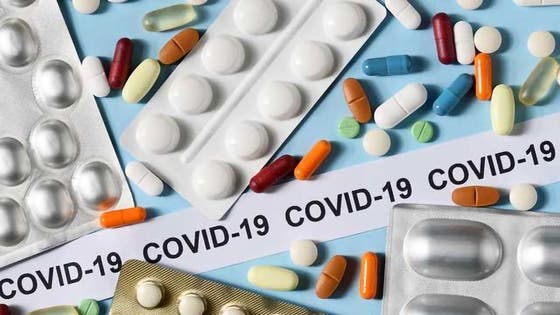
Since the end of the pandemic, the social impact of COVID-19 has diminished. We are generally less fearful and perform fewer tests. Nevertheless, the virus remains among us, with new variants, so the virus still poses a threat to people with fragile health. They are at risk of hospitalization or death. Ecraid and UMC Utrecht are investigating whether a drug candidate can protect individuals with fragile health from hospitalization or death due to mild to moderate COVID-19 infection. The study focuses on assessing efficacy and safety.
Read moreDec 14: Tumor immunology research rewarded by KWF
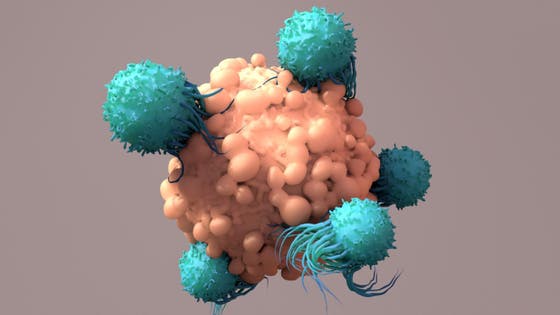
Jürgen Kuball, Victor Peperzak and Dennis Beringer, all three as researchers connected with strategic programs I&I and Cancer, have received grants from KWF. With these grants, they hope to use immunotherapy more effectively against head and neck cancer, liver cancer, multiple myeloma and other tumor types. KWF is funding these projects with a total of almost € 2.5 million.
Read moreDec 11: Getting started with better monitoring of food allergy in a changing food environment
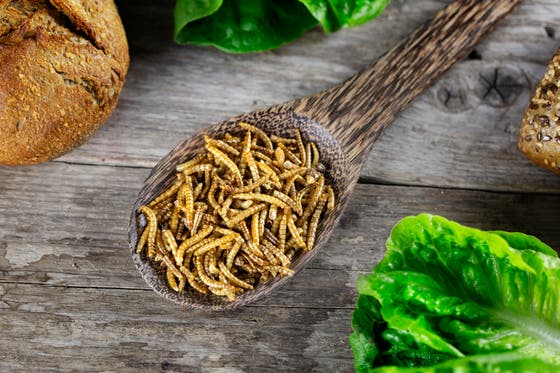
Within the research program "Safe and Healthy Food and Food Systems" of the Netherlands Organization for Scientific Research (NWO), three research projects were awarded last week. One of the honored projects within this program is "Monitoring the Safe Introduction of Novel foods" (MoSIN). A consortium led by Kitty Verhoeckx PhD (UMC Utrecht) with partners from the food system aims to improve the understanding of how food allergy develops in a changing food environment, for example from animal- to plant-based food. The knowledge obtained will be used to develop and implement a monitoring system for emerging food allergies.
Read moreDec 8: UMC Utrecht leads research into treatment of Long COVID

Dutch researchers, led by Prof. Marc Bonten and Prof. Janneke van de Wijgert of UMC Utrecht, are collaborating with researchers in several European countries (including the United Kingdom, Italy and Spain) to set up a study in which several drugs for Long COVID can be investigated simultaneously. Funding from Stichting Long COVID will allow this research to get off to an accelerated start.
Read moreDec 1: Nanobodies identified that can modulate complement proteins
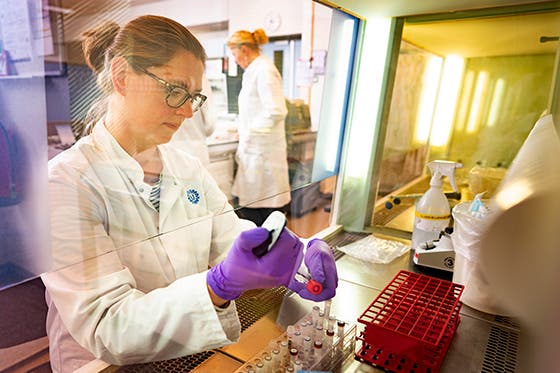
PhD research by Eva Struijf (UMC Utrecht) has identified multiple nanobodies directed towards the complement system. They prioritized four nanobodies for further characterization because of their potent binding and inhibitory activity or their unique capacity to discriminate activated complement proteins from their precursors. Nanobodies hold promise for further development as diagnostic tools and therapeutics against inflammatory and autoimmune diseases.
Read moreFemke van Wijk wins NWO Athena Award for outstanding female role models in beta sciences
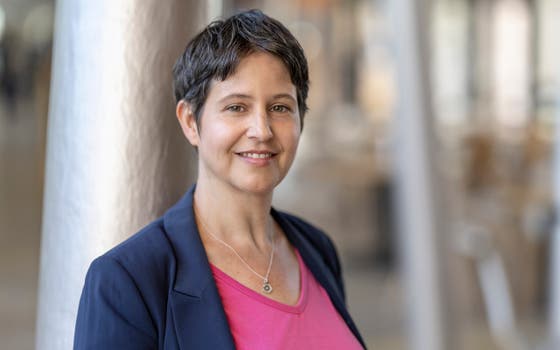
Femke van Wijk, professor of Tissues Immunology and affiliated with the Center for Translational Immunology (UMC Utrecht), has received this year's NWO Athena Award. The Athena Award is for outstanding female researchers. Each year, a maximum of two winners are designated for this prize. The laureates each receive an amount of 50k€, which is intended to be spent on the laureate's research.
Read more